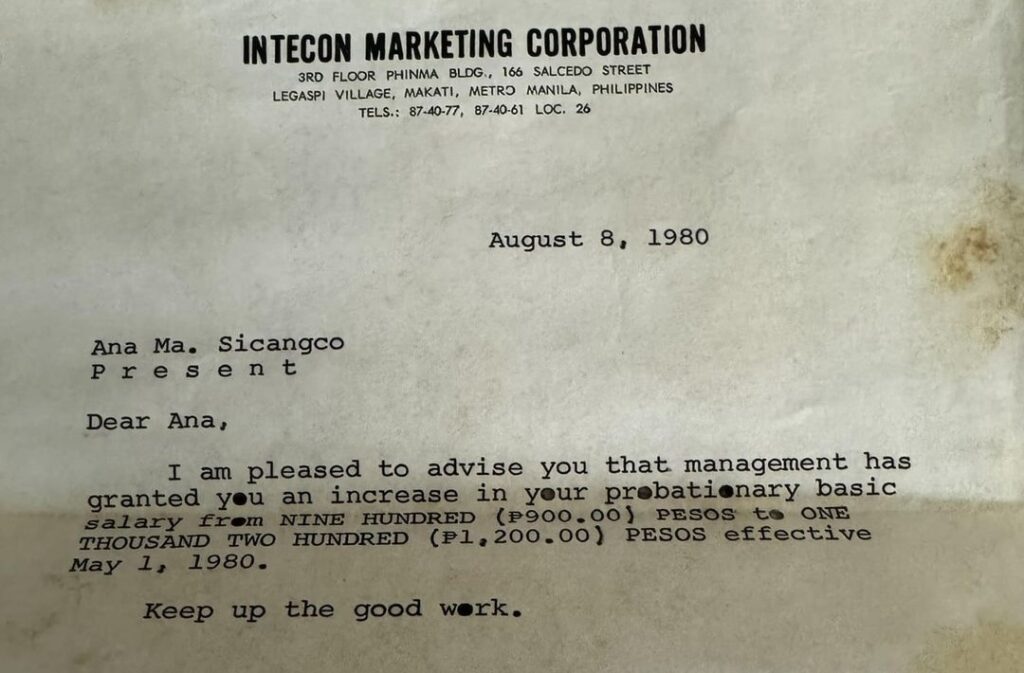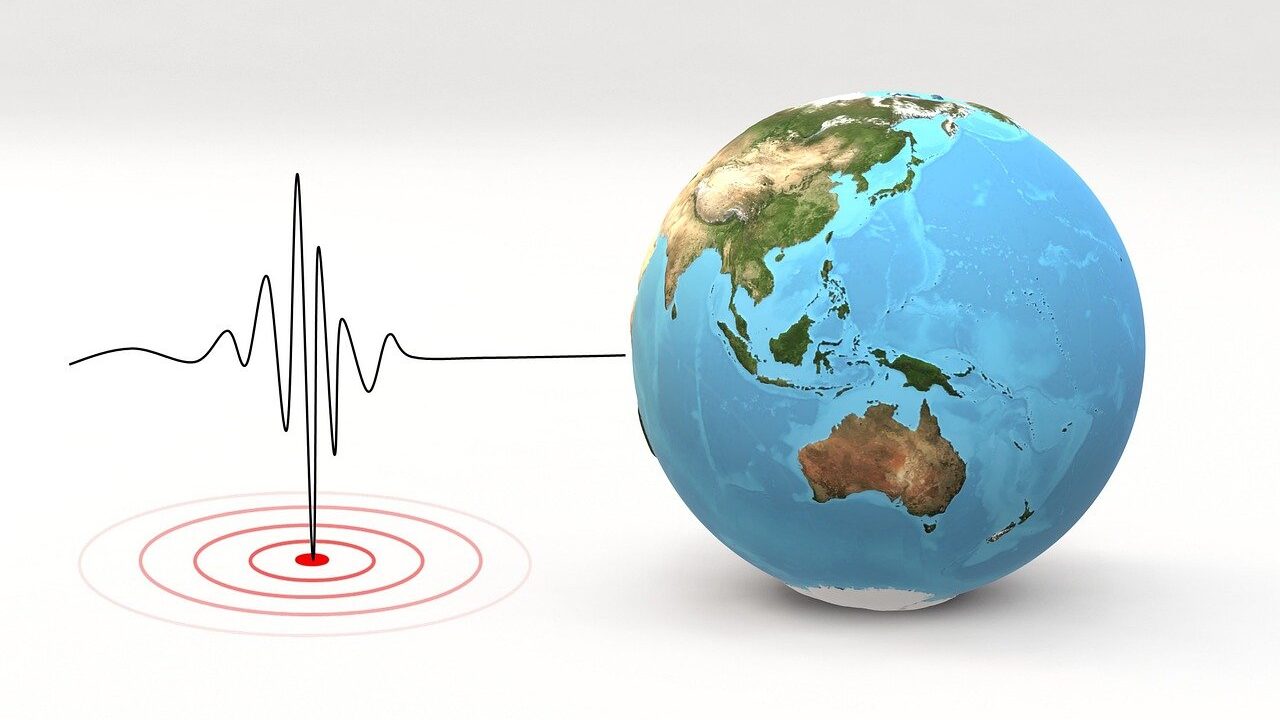Just the other day, while decluttering a box of personal items, I came across something I hadn’t seen in decades—a letter from my first job. It was a simple note, increasing my probationary basic salary from 900 pesos to 1,200 pesos, effective May 1, 1980. As I held the yellowed paper, memories of my early days in the workforce flooded back. It was a pivotal time, full of excitement, nervousness, and dreams of building a career. That letter made me pause and reflect, not just on how far I’ve come, but on how easy it is for any of us to get stuck in the past.

Are you stuck in the past?
At times, we don’t even realize it. We hold on to memories, experiences, and decisions from years ago, letting them shape how we see ourselves today. While the past can offer valuable lessons, living there is a different story.
So how do you know if you’re stuck?
You find yourself always reminiscing about the “good old days.” If you often think, “Things were better back then,” or find yourself longing for times long gone, it could be a sign.
You replay old mistakes or regrets. Instead of learning from a past failure, you dwell on it, allowing it to dictate your future decisions.
You resist change, preferring things to stay the way they used to be. If you’re uncomfortable with new ideas or innovations because they disrupt your sense of security, you might be clinging to the past.
Your identity is tied to who you were, not who you are now. This could be hanging onto an old title, a former relationship, or a previous role in life, refusing to acknowledge growth and change.

Being stuck in the past can hold you back in so many ways.
It may limit your opportunities. When your focus is on what has been, you may miss out on what could be. You may be blind to new possibilities, and worse, you may risk sabotaging your potential.
It may strain relationships. Whether it’s with family, friends, or coworkers, being overly nostalgic or regretful can prevent you from forming deeper connections in the present. People around you may find it hard to relate to someone who’s always talking about yesterday instead of engaging with today.
So, how do you move forward?

Acknowledge the past but don’t live in it. There’s nothing wrong with reminiscing once in a while. However, recognize that the past is over. Celebrate the good memories and learn from the bad ones, but don’t let them define your future.
Focus on the present. Make a conscious effort to be more mindful of the now. This could mean engaging fully in conversations, setting goals for the immediate future, or simply appreciating where you are today.
Embrace change. Instead of resisting it, see change as an opportunity. Life is about growth, and change is part of that process. Allow yourself to evolve.
Set new goals. When you have something to look forward to, it’s easier to let go of what was. Set fresh, attainable goals that reflect who you are today and where you want to go.
Remember, while your past is a part of your story, it’s not the whole story. Take what you need from it, but don’t let it be the only chapter you live in. Keep moving forward.





